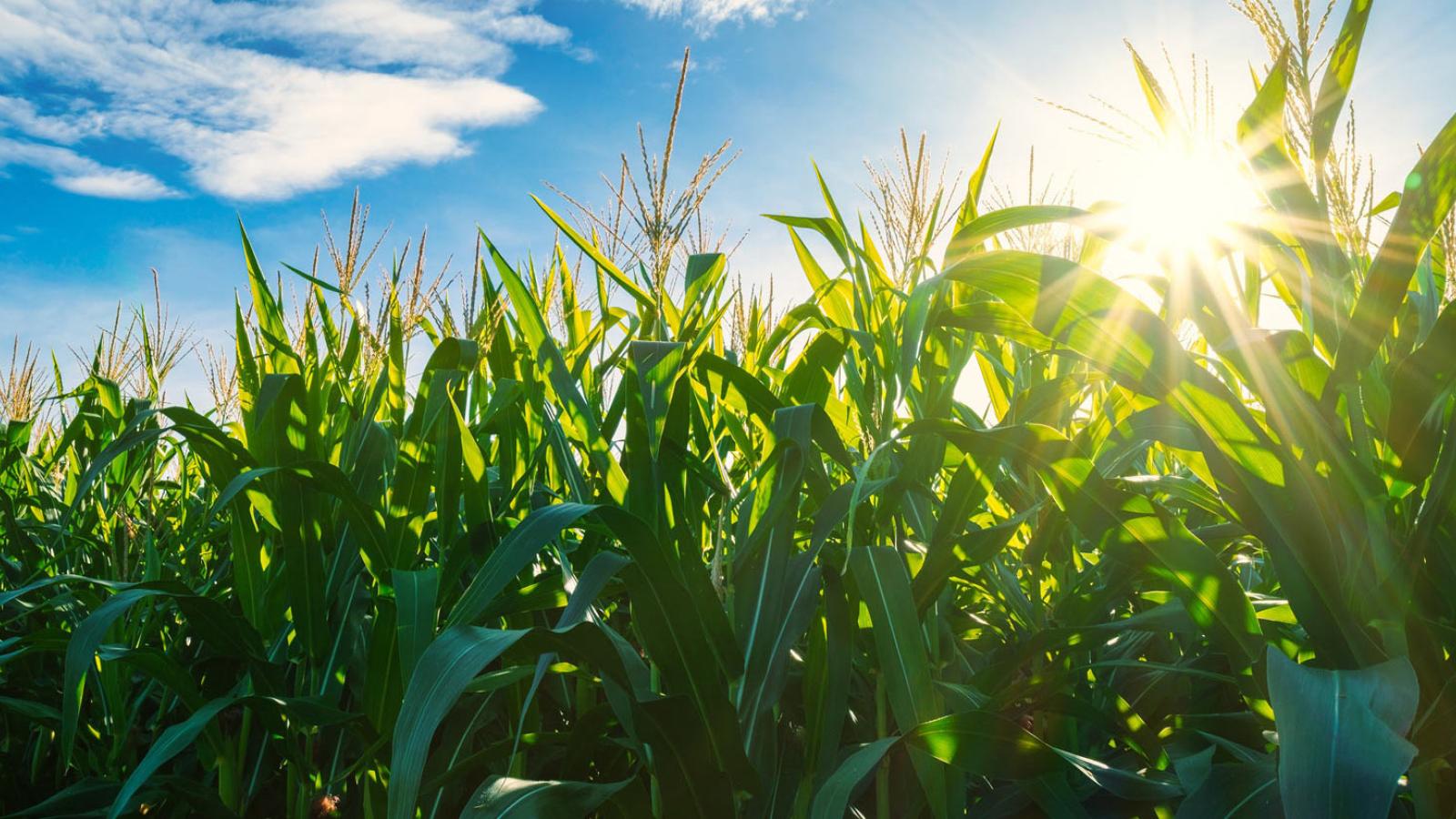Student Learning
As part of the Elisabeth Haub School of Law at Pace University’s top ranked environmental program, law students have immense opportunities for learning and engaging in food law practice, research and advocacy during their time in law school. In addition to food law coursework including classes such as Food Systems and the Environment, Canabis Law, and Animal Law, students may participate in independent research projects and externships. The Pace Food Law Center supports student work by supervising research, offering career counseling, and assisting student-led initiatives such as the campus garden.
Clinic Opportunities
Under faculty supervision, law students in the Food and Farm Business Law Clinic provide transactional legal services directly to clients, taking primary responsibility for the representation. Students are expected to manage client communications, conduct original research, draft transactional documents, and set the agenda for their weekly supervision. Through their client work, students develop fundamental transactional legal skills including contract drafting, entity and deal structuring, negotiation, legal research and analysis, creative problem solving, and client counseling.
Students must also enroll in the weekly seminar, which teaches the substantive law and legal practice skills that are most useful in support of their client work. In addition, the seminar provides an opportunity to discuss the role of law and lawyers in food systems and the practical, ethical, and policy-based issues that arise in the context of their client work.
Learn more about Food and Farm Business Law Clinic
Resources for Students
- Pace Environmental Law Society, Food and Agriculture Division
- National Food Law Student Network
- Food Law and Policy Career Guide (PDF) (2017) published by Food Law Student Network, Harvard Law School’s Food Law and Policy Clinic, and Harvard Food Law Society
